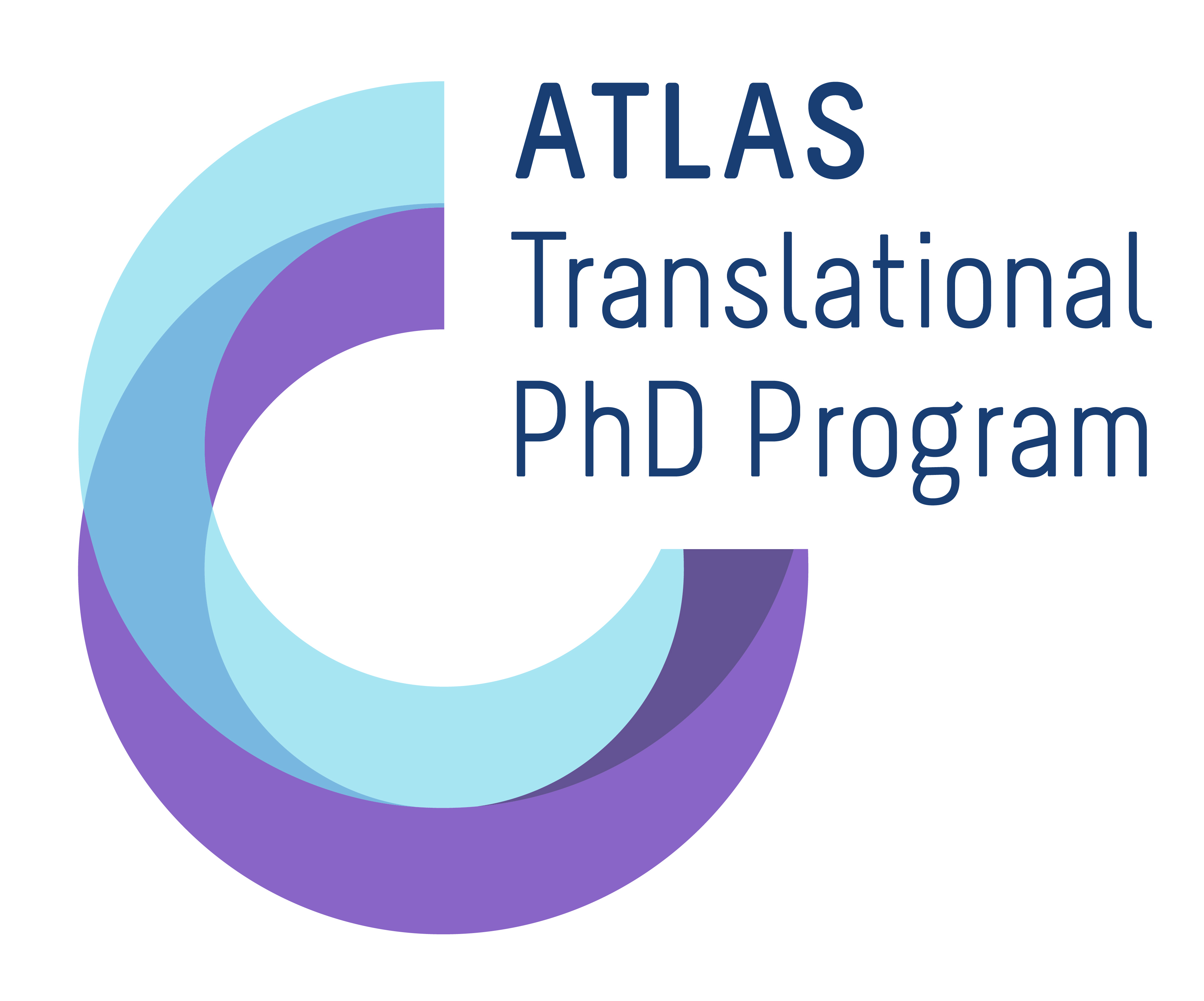Scientific Background
mRNA technology has enabled the rapid development and production of vaccines and advanced therapeutics that can be tailored to target specific diseases. This innovation has already shown its potential with the swift development of effective COVID-19 vaccines, paving the way for advancements in combating various other illnesses. mRNA therapeutics are encapsulated in lipid nanoparticles (LNPs) to protect the RNA cargo from degradation and ensure effective delivery to patients. However, packaging of multiple mRNAs into LNPs is an uncontrolled process at the single-particle level. Consequently, delivery of mRNA cargos that require more than one mRNA molecule to fulfill their biological purpose can be challenging and may only be achieved by administration of higher doses. This is of particular relevance for inter-dependent RNA platforms, in which co-delivery of mRNA into a single cell is critical. For instance, the expression of multiprotein antigenic complexes by delivering all components to the same cell may enable the expression of native antigens confined to the infaces between the antigenic subunits, expanding the possibility of highly neutralizing antibodies. Hence co‑delivery of the mRNA encoding these multiple components into the same cell is advantageous for eliciting a targeted immune response and paving the way to next generation vaccine design.
PhD project description
In this project, we aim to develop new approaches for the next generation of RNA-based vaccines by utilizing and developing techniques and strategies to ensure co-formulation of two or more individual RNAs together, to obtain efficient co-delivery into the same cell. Research in co-delivery of RNA mixtures will allow us to better understand the formulation process at the single-particle level, particularly when RNA components differ in size. This approach will be translatable for applications, in which multimeric proteins are the main target of the vaccination strategy.
The PhD candidate will investigate different strategies for mRNA co-formulation. Co-delivery will be further evaluated in vitro and in vivo with the aim to co-deliver ≥3 mRNAs to express all subunits of a multiproteic complex in the same cell.
Required profile of candidate
The ideal candidate should have:
High analytical skills
High ability of reflective and critical thinking
High motivation and creativity for problem solving
Completed master’s degree in biology, synthetic biology, biochemistry, biotechnology, or related natural sciences.
Experience with molecular biology techniques and/or relevant biochemistry methodology (cloning, protein analytics such as Western Blot, transfection etc.)
Experience with in vitro assays in a cell culture environment (immunological assays such as flow cytometry, ELISA etc.)
Background in (human) immunology and virology and/or parasitology (is a plus)
Previous the experience in design and testing of mRNA vaccines, assay planning, design and establishment (is a plus)
Proficiency in written and spoken English
Knowledge of German language (is a plus)
Publications relevant to the project
Baum, J. et al., Reticulocyte-binding Protein Homologue 5 - An Essential Adhesin Involved in Invasion of Human Erythrocytes by Plasmodium Falciparum. International journal of parasitology 39(3), 371-80 (2009). doi: 10.1016/j.ijpara.2008.10.006
Bepperling, A., Richter, G., Determination of mRNA Copy Number in Degradable Lipid Nanoparticles via Density Contrast Analytical Ultracentrifugation. European biophysics journal 52, 393–400 (2023). doi:10.1007/s00249-023-01663-y
Williams, B.G., King, L.D.W., Pulido, D. et al., Development of an Improved Blood-stage Malaria Vaccine Targeting the Essential RH5-CyRPA-RIPR Invasion Complex. Nature communications 15, 4857 (2024). doi: 10.1038/s41467-024-48721-3
Wong, W. et al., Structure of Plasmodium Falciparum Rh5-CyRPA-Ripr Invasion Complex. Nature 565, 118-121 (2019). doi: 10.1038/s41586-018-0779-6
